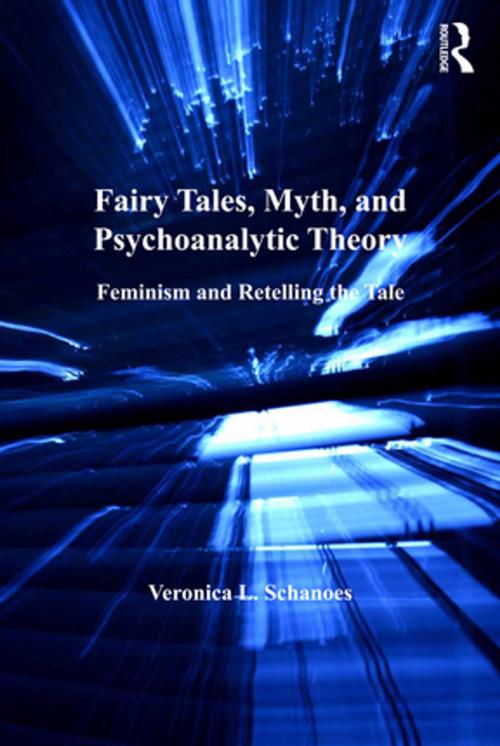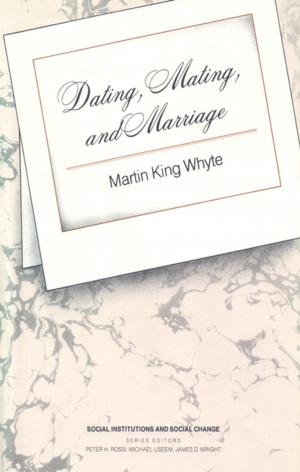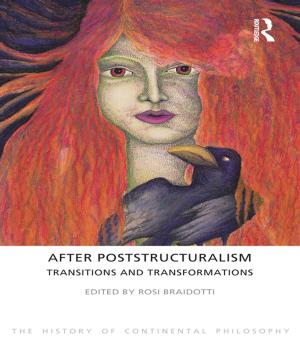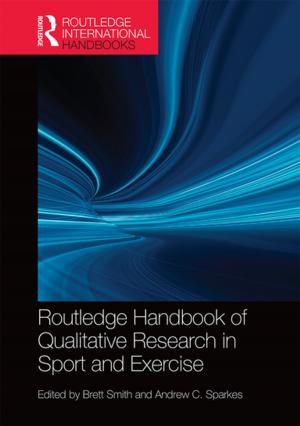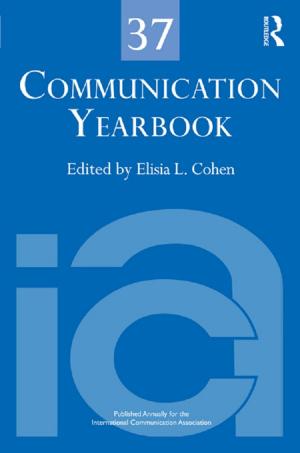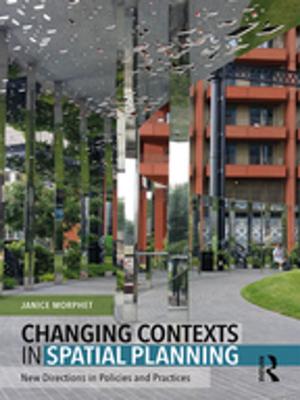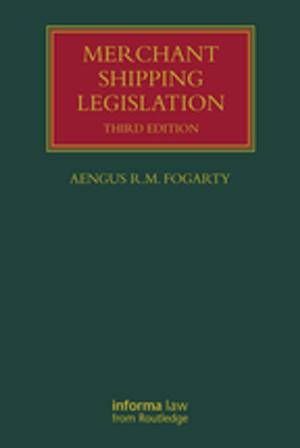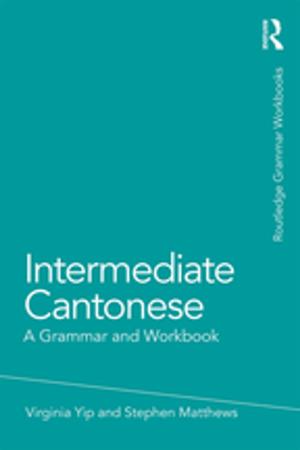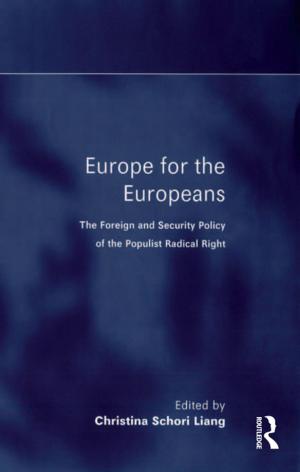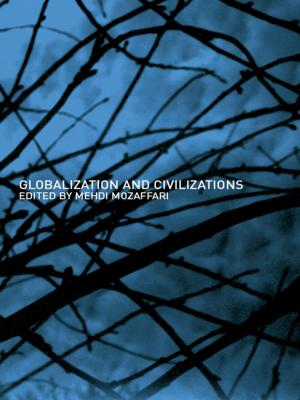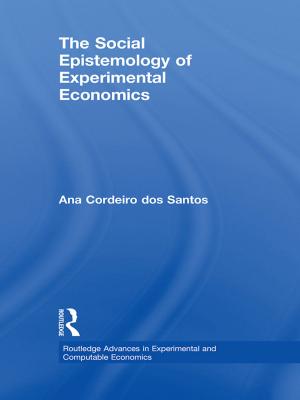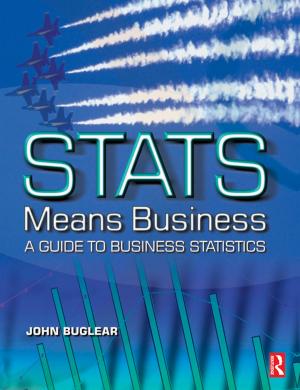Fairy Tales, Myth, and Psychoanalytic Theory
Feminism and Retelling the Tale
Fiction & Literature, Literary Theory & Criticism, Theory, Nonfiction, Social & Cultural Studies, Social Science, Gender Studies, Feminism & Feminist Theory| Author: | Veronica L. Schanoes | ISBN: | 9781317136774 |
| Publisher: | Taylor and Francis | Publication: | April 15, 2016 |
| Imprint: | Routledge | Language: | English |
| Author: | Veronica L. Schanoes |
| ISBN: | 9781317136774 |
| Publisher: | Taylor and Francis |
| Publication: | April 15, 2016 |
| Imprint: | Routledge |
| Language: | English |
At the same time that 1970s feminist psychoanalytic theorists like Jean Baker Miller and Nancy Chodorow were challenging earlier models that assumed the masculine psyche as the norm for human development and mental/emotional health, writers such as Anne Sexton, Olga Broumass, and Angela Carter were embarked on their own revisionist project to breathe new life into fairy tales and classical myths based on traditional gender roles. Similarly, in the 1990s, second-wave feminist clinicians continued the work begun by Chodorow and Miller, while writers of fantasy that include Terry Windling, Tanith Lee, Terry Pratchett, and Catherynne M. Valente took their inspiration from revisionist authors of the 1970s. As Schanoes shows, these two decades were both particularly fruitful eras for artists and psychoanalytic theorists concerned with issues related to the development of women's sense of self. Putting aside the limitations of both strains of feminist psychoanalytic theory, their influence is undeniable. Schanoes's book posits a new model for understanding both feminist psychoanalytic theory and feminist retellings, one that emphasizes the interdependence of theory and art and challenges the notion that literary revision involves a masculinist struggle with the writer's artistic forbearers.
At the same time that 1970s feminist psychoanalytic theorists like Jean Baker Miller and Nancy Chodorow were challenging earlier models that assumed the masculine psyche as the norm for human development and mental/emotional health, writers such as Anne Sexton, Olga Broumass, and Angela Carter were embarked on their own revisionist project to breathe new life into fairy tales and classical myths based on traditional gender roles. Similarly, in the 1990s, second-wave feminist clinicians continued the work begun by Chodorow and Miller, while writers of fantasy that include Terry Windling, Tanith Lee, Terry Pratchett, and Catherynne M. Valente took their inspiration from revisionist authors of the 1970s. As Schanoes shows, these two decades were both particularly fruitful eras for artists and psychoanalytic theorists concerned with issues related to the development of women's sense of self. Putting aside the limitations of both strains of feminist psychoanalytic theory, their influence is undeniable. Schanoes's book posits a new model for understanding both feminist psychoanalytic theory and feminist retellings, one that emphasizes the interdependence of theory and art and challenges the notion that literary revision involves a masculinist struggle with the writer's artistic forbearers.
